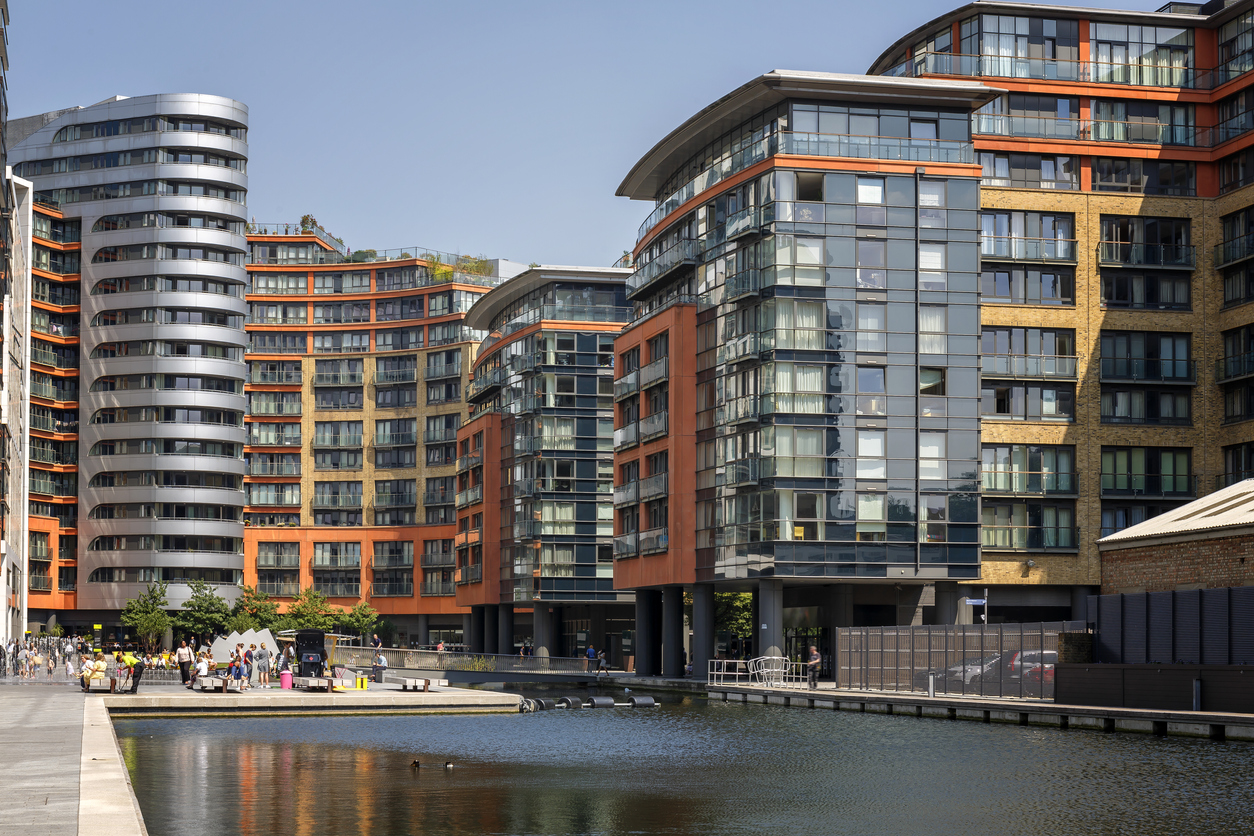Property InvestmentProperty News
British Rental Yields at Two-Year High but Landlord Confidence Remains Low

Rental yields in London have risen to their highest point since 2015 while nationally, rents have risen at their fastest rate since 2017 hitting a two-year high, new research has found. However, despite the positive headlines all is not rosy in the British property investor’s back garden.
Rent rises push yields higher
Rents in Britain have hit a new record high averaging £896 per calendar month amounting to an average yield of 4.5% – the highest since the first quarter of 2017. In London, rents have only risen by 0.5% however, with property prices falling, yields in the Capital have reached 4.1%, their highest level since the end of 2015, that’s according to the most recent figures from the ninth edition of Kent Reliance for Intermediaries’ Buy to let Britain report.
Average rent paid per property (PCM)
|
Region |
Average rent (PCM) | Annual increase |
| London | £1,723 | 0.5% |
| South East | £898 | 1.5% |
| East of England | £796 | 1.4% |
| Scotland | £776 | 0.7% |
| South West | £745 | 1.7% |
| East Midlands | £691 | 2.3% |
| West Midlands | £655 | 1.6% |
| North West | £636 | 1.2% |
| Yorkshire and The Humber | £635 | 1.8% |
| Wales | £457 | 1.1% |
| North East | £390 | 0.3% |
| Great Britain | £896 | 1.3% |
Source: Kent Reliance
Current yields by region
| Region | Current yields | Total annual returns |
| North West | 6.2% | 8.7% |
| Yorkshire and The Humber | 5.9% | 9.6% |
| East Midlands | 5.4% | 8.3% |
| Scotland | 5.3% | 5.0% |
| West Midlands | 5.1% | 8.6% |
| North East | 5.1% | 4.2% |
| South West | 4.4% | 5.6% |
| Wales | 4.2% | 7.3% |
| East of England | 4.1% | 4.1% |
| London | 4.1% | 2.1% |
| South East | 4.0% | 3.5% |
| Great Britain | 4.5% | 4.7% |
Source: Kent Reliance
Landlord confidence falls
Rental yields may be on the up but there is no escaping that growth is subdued in the private rented sector following years of government intervention. Tighter lending rules and continued regulatory changes have affected landlord confidence, which has dropped to the second-lowest level on record with just 37% of landlords holding a positive outlook for their portfolio compared to 41% a year ago. Brexit uncertainty has only compounded this issue, having the obvious knock-on-effect on landlords’ confidence.
This reduced confidence is limiting new investment into the sector, particularly among amateur landlords, and this is having a knock-on effect on the supply of rental properties. For example, the number of rental homes is estimated to have grown by just 11,000 properties in the last year, a rise of 0.2% (based on an estimated 5.4m properties currently in the private rented sector (PRS)). This contrasts starkly to 2015 when the sector was expanding at a rate of more than 3% prior to the tax reform announcements in the 2015 summer Budget.
When the going gets tough…
But savvy landlords aren’t throwing in the towel yet. In fact, they’ve learned to lessen the effects of increasing costs and cuts to mortgage tax relief by adopting some effective new practices…
For example, ongoing changes to mortgage interest tax relief and the stamp duty surcharge have pushed up costs for landlords who are looking to recoup this money by charging higher rents to preserve their profitability.
Limited company buy-to-let lending rises to 72%
Landlords are not just seeking to recoup higher tax costs in the form of higher rents; many are now choosing to operate via limited companies to mitigate the impact of the changes to mortgage tax relief. This fact is backed up by analysis of Kent Reliance for Intermediaries’ mortgage data that shows that in the first quarter of 2019, 72% of buy to let mortgage applications were made through a limited company – significantly higher than 45% of applications in 2016.
Andy Golding, Chief Executive of OneSavings Bank, which trades under the Kent Reliance for Intermediaries and InterBay Commercial brands in buy to let, commented:
“It’s clear the private rented sector now holds less appeal for amateurs. Without some policy stability, there is the tangible risk that the supply of homes will contract, and rents will become less affordable,” Golding warned. “Rents are already rising and will continue to do so as landlords come to terms with higher set-up and running costs on top of larger tax bills. Neither outcome suits tenants, nor helps with the ultimate issue of housing affordability.”
However “professional landlords haven’t stood idle,” Golding observed. “Holding property in a limited company structure is increasingly popular for landlords adding to their portfolio, while many are also remortgaging to fix outgoings by taking advantage of historically low rates.”
“The positive news is that for those landlords looking to expand their portfolios, underlying market conditions seem to be changing. Yields are climbing as rents rise faster than house prices, providing further opportunities for committed investors.”











